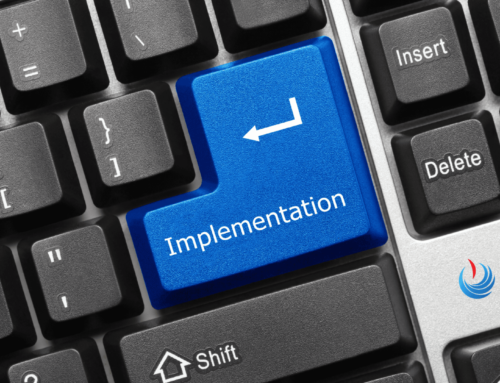Implementing an electronic health record (EHR) can be a difficult process, and proper planning is essential to minimizing errors. Evaluating an EHR system’s selection criteria and implementation plan, with the goal of ensuring interoperability, confidentiality, availability, and the integrity of patient health information data, while also ensuring timely, accurate, and regulatory-compliant report generation, is a critical task.
What is EHR Implementation?
A multidisciplinary approach is required to prepare the new system, ensure privacy and security compliance, design practice workflows, train the care team, and manage the adoption process. A well-planned EHR implementation can help the practice adapt to the new system more easily, which will benefit patients, physicians, and staff.
To ensure a successful implementation of an EHR, there are three main steps.
- Form an implementation team & set up the software
- Plan ahead to minimize the impact
- Choose the right training for your practice and create procedures
The need for a strong leader does not end with the selection of a vendor. The ultimate success of an implementation is largely dependent on having a project lead in place to handle day-to-day coordination with the software vendor, keep physicians and others up to date on progress, and try to keep everyone comfortable about impending changes.
When it comes to a successful EHR implementation, there is no such thing as too much planning. Time spent with the EHR vendor on everything from developing an implementation timeline to documenting the tasks that will be required and who will be responsible for them is time well spent.
The practice can avoid unnecessarily interrupting its operations while staff learns the basic functions of the system by providing sufficient time and resources for proper training. Effective training reduces disruption and ensures successful implementation.
Even though EHR implementation can seem daunting in terms of the time, energy, and finances involved, the many benefits of these systems far outweigh the costs.
Some of the advantages your practice should reap include:
- Improved efficiency, effectiveness, and comprehensiveness of health care for patients
- More detailed documentation of patient visits and services rendered
- Reduced wait times and simplified billing for improved patient satisfaction
- More reliable scheduling and appointments, as well as fewer no-shows and/or cancellations
- Improved communication with labs, hospitals, and specialists affiliated with your practice
- A higher volume of revenue and more claims accepted by payers, as well as a drop in aging accounts-receivable in collections
MedEZ® is an expert system designed for Behavioral Healthcare and Substance Abuse facilities. By providing a specialty system, we align with the daily practices of our users and help them focus on what’s important: Patient care, not paperwork. It is a comprehensive cloud-based EHR with billing, eligibility verifications, and integrated practice management. Request a demo of the best EHR today!
Written by Marina Malobabic for www.MedEZ.com








Leave A Comment
You must be logged in to post a comment.